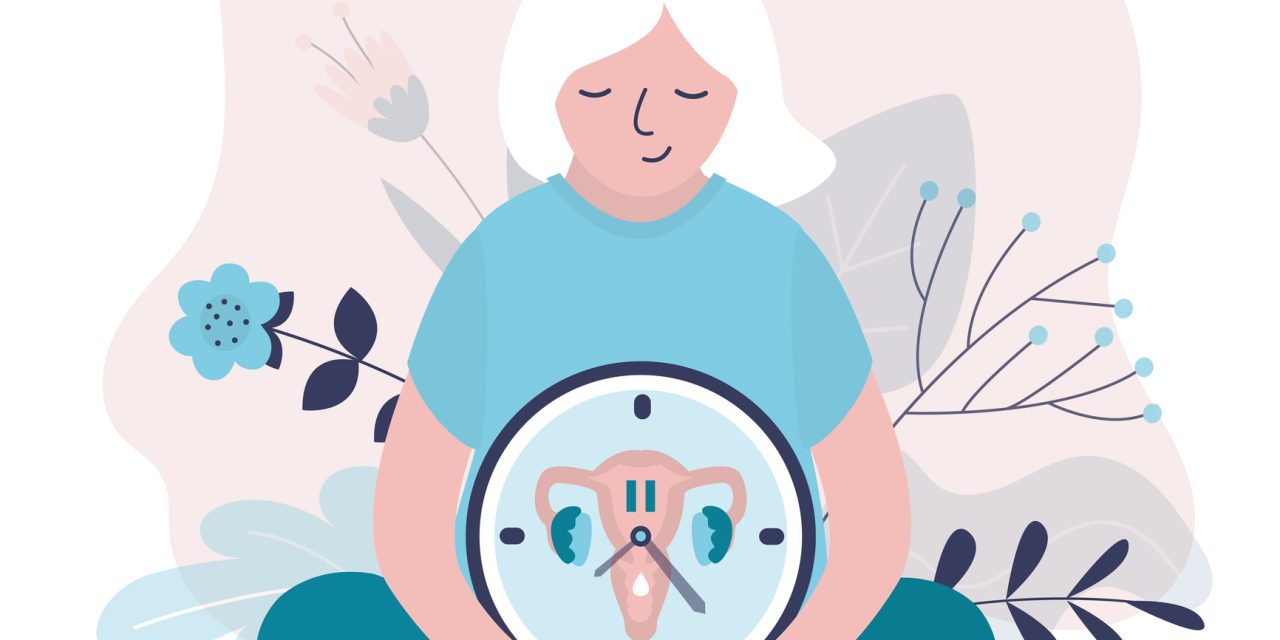Although mortality rates associated with chikungunya (CHIK) outbreaks in Latin America’s (LA’s) dengue-endemic rural and new urban areas are low, dealing with symptoms and sequelae can both produce a significant disease burden and diminish the quality of life—from many months to years—after the acute phase of the infection, with a significant impact on public and individual health. For this study researchers wanted to develop the Pan-American League of Associations for Rheumatology–Central American, Caribbean, and Andean Rheumatology Association (ACCAR) consensus-conference endorsements and recommendations for the diagnosis and treatment of CHIK-related inflammatory arthropathies transmitted by Aedes aegypti and Aedes albopictus in LA.
A panel of ACCAR rheumatologist voting members (n = 10) participated in this Pan-American League of Associations for Rheumatology effort, which followed the framework of the Consensus Development Conference. Experts cast their votes based on a prior content study of the medical literature on CHIK, four following subject conferences, and a workshop. Consensus denotes the majority agreement (≥80%) reached for each proposition.
The group of experts agreed on four broad principles: (1) CHIK virus (CHIKV) is a re-emergent virus transmitted by two mosquito species: A. aegypti and A. albopictus; (2) CHIKV caused massive outbreaks in LA; (3) chronic CHIKV infection causes an inflammatory joint disease that can last for several months to years in some cases; and (4) there are currently no vaccines or antivirals licensed for CHIKV infections.
Reference:journals.lww.com/jclinrheum/Abstract/2019/03000/Pan_American_League_of_Associations_for.8.aspx


